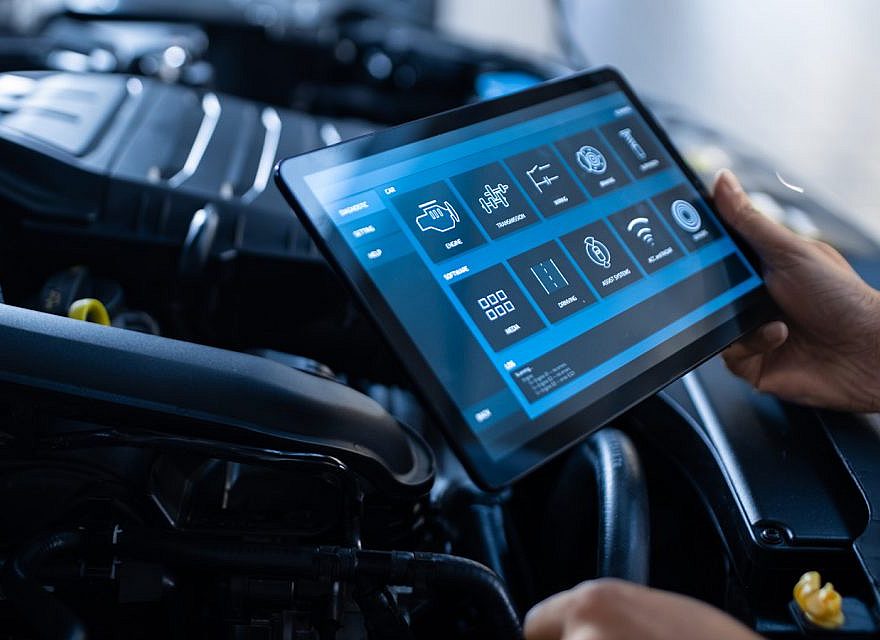Car diagnostic tools are essential for identifying and addressing issues in modern vehicles. Here’s a FAQ to help you understand more about these tools:
- What are car diagnostic tools? Car diagnostic tools, also known as OBD (On-Board Diagnostics) scanners, are devices used to read, diagnose, and sometimes clear error codes from a car’s computer system. These tools can access the vehicle’s onboard systems to monitor engine performance, fuel system, exhaust system, and other major components.
- How do car diagnostic tools work? These tools connect to the vehicle’s OBD port, typically found under the dashboard near the steering column. Once connected, they read data from the car’s computer system, including error codes (DTCs – Diagnostic Trouble Codes) that indicate specific problems.
- What types of car diagnostic tools are available?
- Basic Code Readers: These are simple devices that can read and clear codes but provide limited data.
- Professional Scanners: More advanced devices that offer extensive diagnostics, live data, calibration features, and more.
- Wireless Adapters: Connect wirelessly to a smartphone app, providing diagnostic data and monitoring capabilities.
- Do I need a car diagnostic tool? If you perform your own vehicle maintenance or would like to understand the health of your vehicle better, owning a diagnostic tool can be very useful. It helps in troubleshooting problems and ensuring that your vehicle is running efficiently.
- Can all car diagnostic tools work on any vehicle? Most modern diagnostic tools are compatible with all vehicles manufactured from 1996 onwards (in the USA), as these vehicles are equipped with a standardized OBD2 port. For older vehicles or different standards (like OBD1), specific adapters or tools are required.
- How much do car diagnostic tools cost? Prices can vary widely based on capabilities. Simple code readers can be as cheap as $20-$50, while more sophisticated professional systems can cost hundreds or even thousands of dollars.
- Where can I buy a car diagnostic tool? They can be purchased at automotive stores, online retailers like Amazon, or directly from the manufacturers. Be sure to read reviews and compare features to find the best tool for your needs.
- Are there any legal issues with using diagnostic tools? Generally, there are no legal restrictions on owning or using OBD scanners. However, modifying or manipulating the vehicle’s software with these tools could void warranties or violate regulations, especially regarding emissions.
- Is it worth buying a car diagnostic tool?
Are OBD scanners worth it? They’re the fastest way to troubleshoot a problem. Without an OBD reader, you’ll have to visit a garage to have the fault code identified for you – and with hourly labour rates at independent garages averaging around £50, that’s something none of us wants to do. - What is the difference between a scan tool and a diagnostic tool?
A scan tool is a much more advanced diagnostic tool than a truck code reader. It reads and clears basic fault codes like a code reader, but it also lets you read pending, generic and OEM-specific fault codes. - What is the difference between an OBD2 reader and an OBD2 scanner?
An OBD-II code reader is an electronic device that plugs into your vehicle’s OBD-II port, usually located under the steering column. It’s essentially a simplified scan tool as it can’t perform the more complicated functions that a scanner can.
